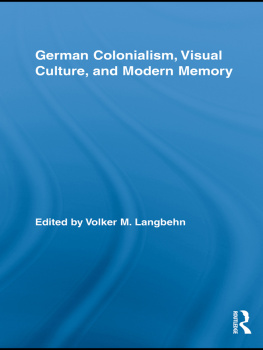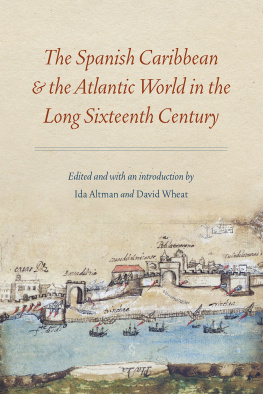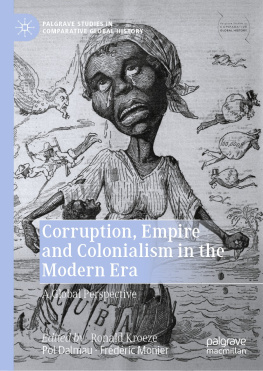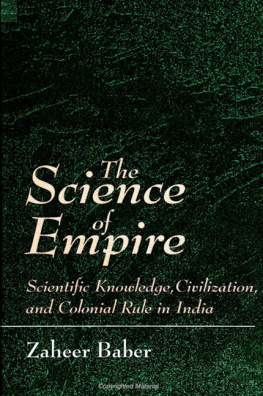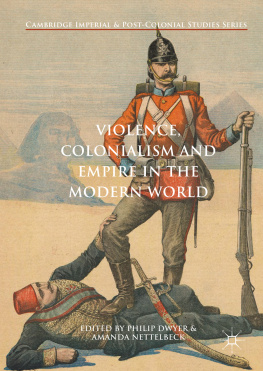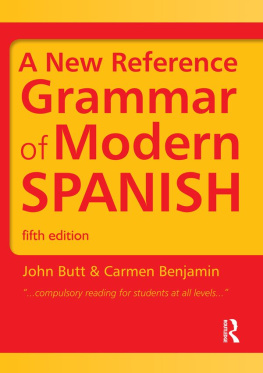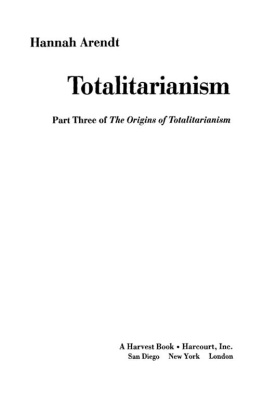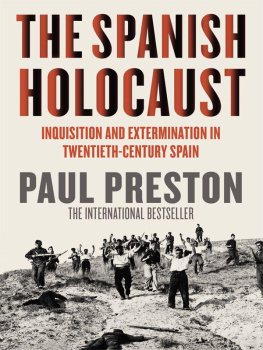Typeset in Carter and Cone Galliard by Tseng Information Systems, Inc.
Library of Congress Cataloging-in-Publication Data appear on the last printed page of this book.
Duke University Press gratefully acknowledges the support of the Program for Cultural Cooperation between Spains Ministry of Culture and United States Universities, which provided funds toward the production of this book.
In the spirit of Guido Delran and for Nan Woodruff, George Vickers, and Aaron, Elan, and Sarah Silverblatt-Buser
ABOUT THE SERIES
Latin America Otherwise: Languages, Empires, Nations is a critical series. It aims to explore the emergence and consequences of concepts used to define Latin America while at the same time exploring the broad interplay of political, economic, and cultural practices that have shaped Latin American worlds. Latin America, at the crossroads of competing imperial designs and local responses, has been construed as a geocultural and geopolitical entity since the nineteenth century. This series provides a starting point to redefine Latin America as a configuration of political, linguistic, cultural, and economic intersections that demands a continuous reappraisal of the role of the Americas in history, and of the ongoing process of globalization and the relocation of people and cultures that have characterized Latin Americas experience. Latin America Otherwise: Languages, Empires, Nations is a forum that confronts established geocultural constructions, that rethinks area studies and disciplinary boundaries, that assesses convictions of the academy and of public policy, and that, correspondingly, demands that the practices through which we produce knowledge and understanding about and from Latin America be subject to rigorous and critical scrutiny.
In this pathbreaking study, Irene Silverblatt makes a number of interrelated arguments. She takes Hannah Arendts insights into the origins of a modernity that allowed civilized peoples to embrace fascism and applies them to the sixteenth and seventeenth centuries, when Spanish colonialism dominated the globe. Professor Silverblatt joins Latin American scholars like sociologist Anibal Quijano and philosopher Enrique Dussel in arguing that modernity originated with the Spanish/Christian victory over the Moors, the expulsion of the Jews from the Iberian peninsula, and, simultaneously, the colonization of Indians and the slave trade. This confluence of events set the stage for the development of a capitalism that used race thinking to justify the exploitation of labor (through serfdom and slavery), linking ideas about race and Christianity to bureaucratic control of colonized populations.
Describing how the early modern state was formed in conjunction with colonialism, Silverblatt argues that the barbaric underside of the modern world was born in the subsequent mix of bureaucratic rule, race thinking, and the capacity to rationalize violence. She uses records from the Spanish Inquisition in Peru to illuminate these modern processes: Inquisition trials show the modern side of an institution we customarily brand as premodern and provide material to understand the civilizing/modernizing processes from the perspective of the colonies. Chronicling the interplay of bureaucracy and race, colonialism and statecraft, Modern Inquisitions confronts our assumptions about civilization, its origins, and our role in its creation.
ACKNOWLEDGMENTS
The written word always belies the many hands that have gone into its making. This project has been a long time coming, and many people over the years have been midwives to its extended birth. I hope I remember to acknowledge you all.
Without the generosity of several funding sources, I would never have been able to fully research this booktrack down the Peruvian Inquisition records, find early-print books, and uncover other relevant documents and records. A Rockefeller Foundation fellowship at the University of Marylands Latin American Studies Center, whose director is Saul Sosnowski, gave me support and encouragement when the project was in its earliest stages. A Guggenheim Foundation fellowship, coming just when I needed it, let me finish all basic research and delve into the analytical process. Finally, with a fellowship from the Radcliffe Institute for Advanced Study at Harvard Universityand benefiting from the great encouragement of and conversations with Drew Gilpin Faust, the founding Dean of the Institute, Judy Wishniak, Director of the Fellowship Program, and all my palsI managed to finish a first draft.
Several conferences and edited volumes provided the deadlines needed to jolt me into writing. The McNeil Center for Early American Studies and the Omohundro Institute of Early American History and Culture cosponsored a conference exploring comparative colonial histories that resulted in Possible Pasts: Becoming Colonial in Early America, edited by Robert Blair St. George. The Incas Witches: Gender and the Cultural Work of Colonization in Seventeenth-Century Peru, much improved by Roberts help, forced me to confront the witchcraft trials. Wonderful discussions at the Johns Hopkins Womens Studies Seminar contributed much to the revised version published here, and I owe a special thank-you to Jonathan Goldberg and Michael Moon for their insights and generosity.
The present books chapter New Christians and New World Fears benefited from several hearings: It was first presented, in very rough form, at the 1995 meetings of the Institute of Early American History and Culture at the University of Michigan; followed by a presentation at the John Carter Brown Librarys 1997 conference Jews and the Expansion of Europe: 1450-1800, ably organized by Norman Fiering; and then by a lecture at the University of Illinois for the Sheldon and Anita Drobney Program for the Study of Jewish Culture and Society, where I was afforded the insights of Helaine Silverman, Fred Jaher, Michael Shapiro, Nils Jacobsen, and Cynthia Radding. This paper was revised again for the Historical Anthropology Seminar at Emory Universitys Anthropology Department, headed by Don Donham, and it appeared in the ensuing collection From the Margins: Historical Anthropology and Its Futures, edited thoughtfully by Brian Keith Axel. Becoming Indian began as a paper presented in Trujillo, Spain (El surgimiento de la indianidad en los andes del Per central: El nativismo del siglo xvii y los muchos significados de indio ), and published in De palabra y obra en el Nuevo Mundo, vol. 3, La formacin del otro, edited by four towering scholars, Gary Gossen, Jorge Klor de Alva, Manolo Gutirrez Estvez and Miguel Len-Portilla. The Shelby Collum Davis Center seminar at Princeton University, organized then by Natalie Zemon Davis, was an extraordinary place to refine this paperas was the ensuing volume Imperial Aftermaths and Postcolonial Displacements, edited so well by Gyan Prakash. Ideas about American triumphalism were first tried out in Bogot at the Pontificia Universidad Javeriana, and then published in Reestructuracin de las ciencias sociales en los paises andinos


